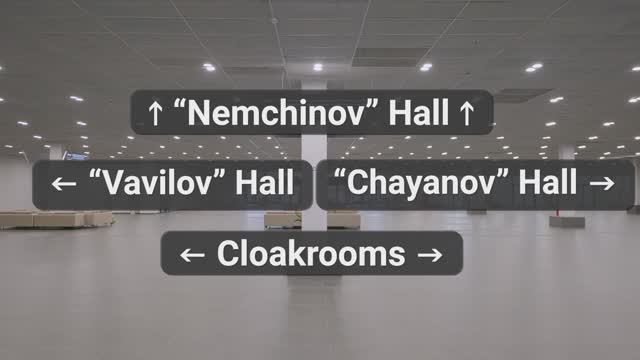Smart Factory. JUKI concept ( ¹ FB010)
JUKI, a leading global manufacturer of sewing equipment, started production of household sewing machines in 1947 and established itself on the global and Russian markets of sewing equipment in 2000.
Nowadays, JUKI offers Smart Factory solutions to the sewing industry. This is a combination of latest innovations in the production of sewing machines with technical characteristics of network systems, in addition to integration of various production stages consistent with modern trends.
Following the presentation of the DDL-9000C model on the market in 2016, JUKI stopped using the “sewing machine” term and introduced the notion of the “sewing system,” which, in the opinion of specialists, better fits the digital era in the sewing sector.
DDL-9000C is the world’s first sewing system based on a complex of electronic fabric feed mechanisms controlling the height and trajectory of the presser foot and the stitch length. The possibility of their rapid programming and data exchange with the central control system complete the digital control mechanism.
At the same time, JUKI made a premier of the smart sewing factory, JUKI Smart Factory, based on automatic fabric spreading systems, digital cutting systems, digital sublimation printers, and a series of JUKI sewing systems.
JUKI operates at the cutting edge of digital technologies and implements innovations in many acclaimed models, from the single-needle DDL-9000C to the LBH-1790AN machine. The company has digital machines for all types of production. JUKI is a leader in terms of automatic sewing solutions with its machines of the AMS and PS machines, as well as special purpose machines, such as APW-895N, AC-172, AMS-251, and AMS-252 — rotary head sewing machines that make quality seams even during complex sewing operations.
Present-day manufacturers are rapidly shifting from manual to automatic sewing operations. PS-700 is one of JUKI’s automated machines. The stitching machine produces a great variety of stitch types on large-size products at a high speed and with high quality.
Digital machines are way better than traditional industrial ones. The factory guarantees precise tuning of the entire line, even such parameters as uniform thread tension in all machines that is extremely difficult to achieve. Digital setting of parameters significantly reduces the startup time, as all settings can be copied for several machines using the USB protocol in the JUKI Smart App application or within the network (using the JUKI JaNets system).
The Smart Factory delivers results unattainable for operators in terms of both productivity and harmony. The streamlined manufacturing process increases the output 10-30% while ensuring maximum flexibility of processes.
The two main elements of the Smart Factory are data visualization and related processes. In the end, the entire equipment of the Smart Factory is merged into a single network, in which communication and traditionally manual processes turn digital. This could be achieved by means of the JaNets system, which monitors and visualizes the entire factory and provides the management and operators with full information needed for rapidly making correct decisions.



